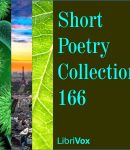
Short Poetry Collection 166
This is a collection of 36 poems read by LibriVox volunteers for March 2017. [chương_files]
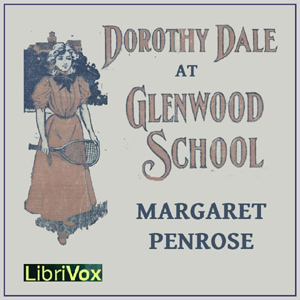
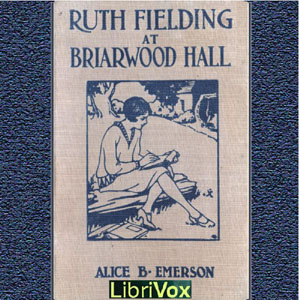
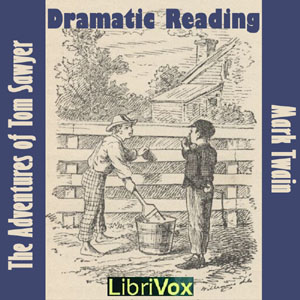
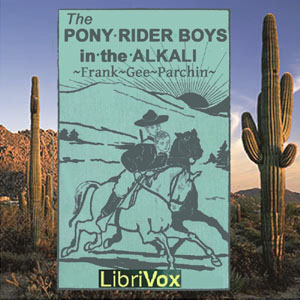

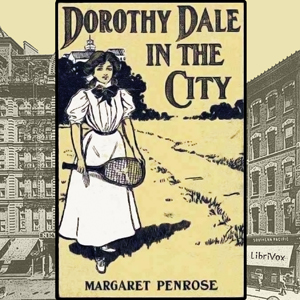

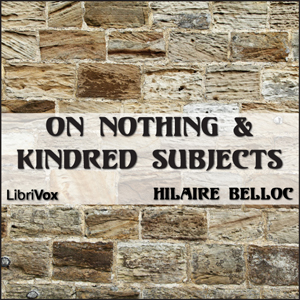
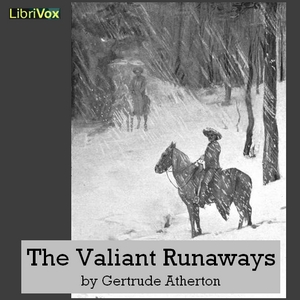
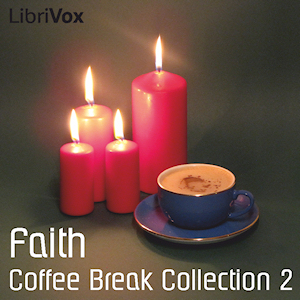
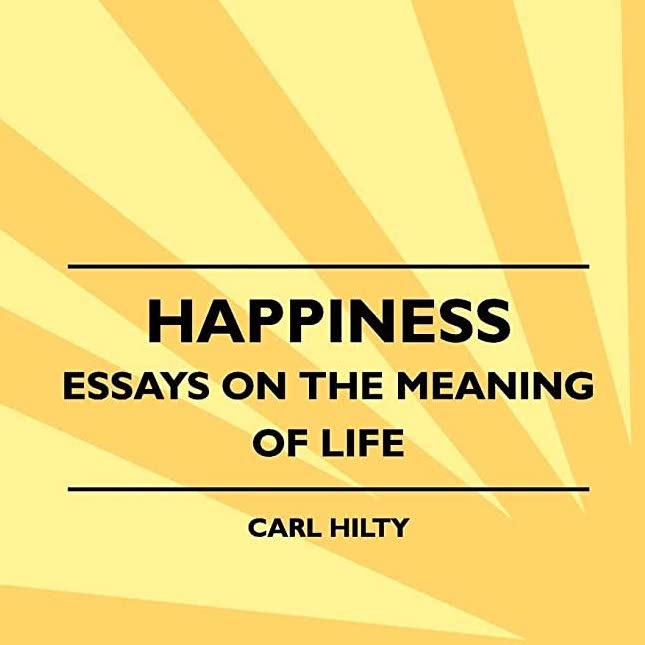

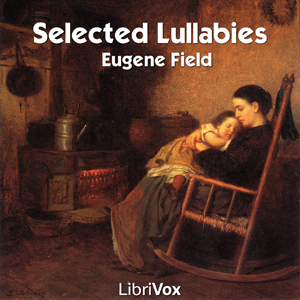
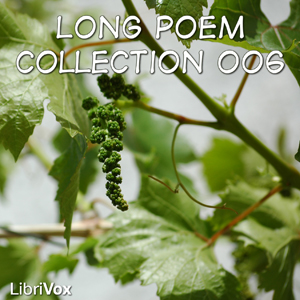
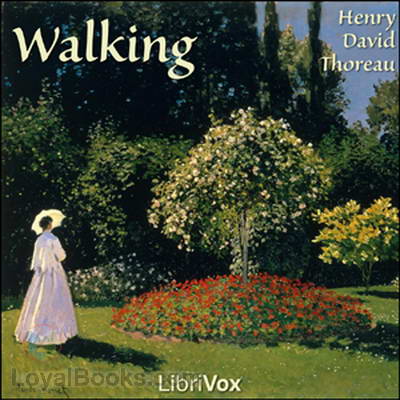
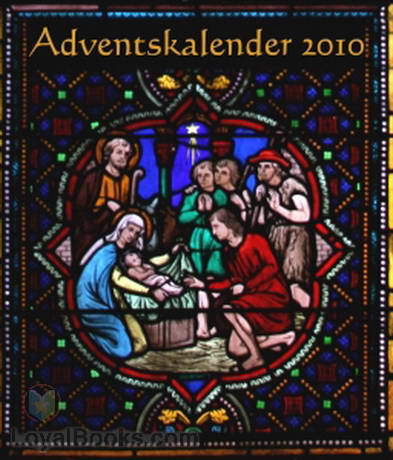
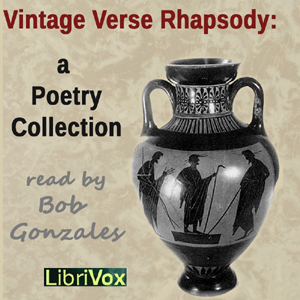
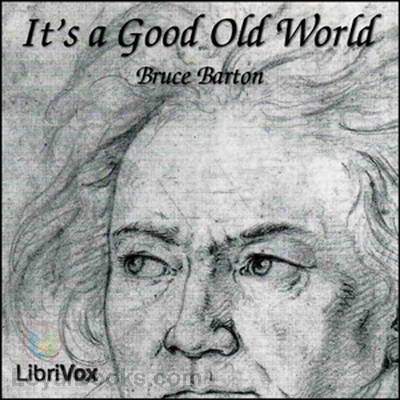
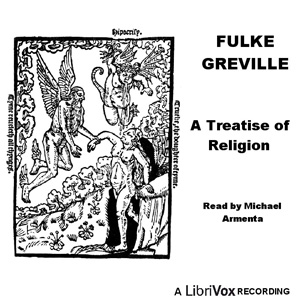
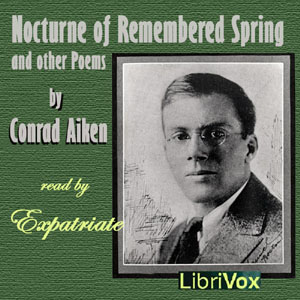
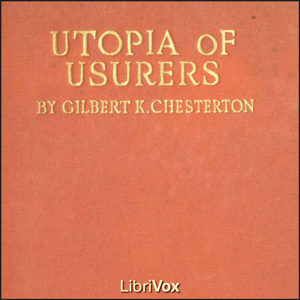
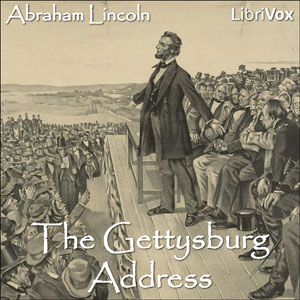
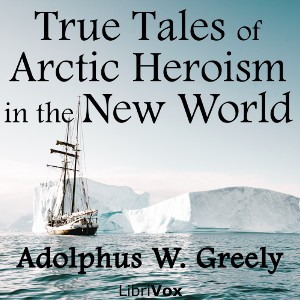

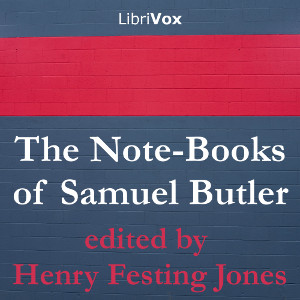
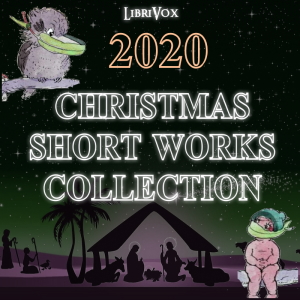
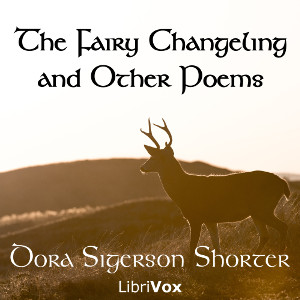

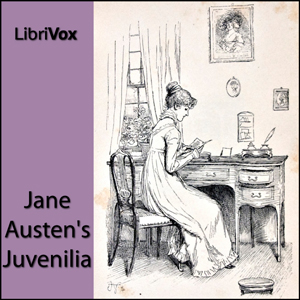
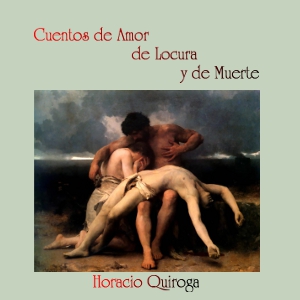

This is a collection of 36 poems read by LibriVox volunteers for March 2017. [chương_files]
18 works — two non-fic articles & one short fiction or poetry each — from issues March, April, May, June, July, & August 1906 of The Scrap Book, Volume 1, edited by Frank Munsey. As he states in the editorial of the April 1906 issue (Vol 1, Iss 2) this was a sort of supplement to the editor’s popular monthly, Munsey’s Magazine. The Scrap Book is very like an American version of Punch with many short, often humorous articles interspersed with at least one short story, some poetry, and several longer non-fic pieces. The Scrap Book ran up to 1922. [chương_files]
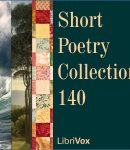
This is a collection of 32 poems read by LibriVox volunteers for January 2015. [chương_files]
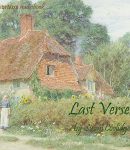
Susan Coolidge was the pen name of Sarah Chauncey Woolsey, who is best known for her What Katy Did series. This is the last of three volumes of her verse. – Summary by Rachel [chương_files]
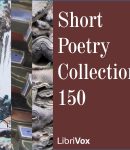
This is a collection of 24 poems read by LibriVox volunteers for November 2015. [chương_files]
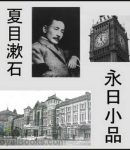
This is a collection of essays by Soseki Natsume. They were published in the Asahi Newspaper in 1909. Included are essays about daily life in Tokyo and his experiences in London. これは、夏目漱石の随筆集です。1909年に朝日新聞に連載されました。東京での日常生活、ロンドンでの経験などが含まれています。 [chương_files]
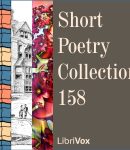
This is a collection of 22 poems read by LibriVox volunteers for July 2016. [chương_files]
Pubblicato nel 1542, questo dialogo espone le teorie sulla lingua italiana che, già dal secolo precedente, presero forma, cercando di trasformare il volgare italiano, ancora instabile grammaticalmente, in una vera e propria lingua regolata da norme. I protagonisti del dialogo sono: Bembo (Pietro Bembo), sostenitore del volgare colto e che prende come modelli il Decameron del Boccaccio e il Canzoniere del Petrarca; Lazaro (Lazzaro Bonamico), cultore del latino e spregiatore dell’uso colto del volgare; un Cortegiano, portavoce della teoria di Baldassarre Castiglione, che propone di aprire il volgare di base toscana alle influenze di altre regioni e lingue; uno Scolare che riporta un dialogo tra Lascari (Giano Lascaris), professore di greco, sostenitore dell’indissolubilità tra concetto e parola, e Peretto (Pietro Pomponazzi – detto Peretto per la bassa statura), filosofo aristotelico, che auspica l’utilizzo del dialetto nell’esercizio dell’attività speculativa, per non perdere tempo inutile nello studio delle parole a scapito delle “cose”.(Summary by Riccardo Fasol) [chương_files]
This is Mark Twain’s vicious and amusing review of Fenimore Cooper’s literary art. It is still read widely in academic circles. Twain’s essay, Fenimore Cooper’s Literary Offenses (often spelled “Offences”) (1895), particularly criticized The Deerslayer and The Pathfinder. Twain wrote at the beginning of the essay: ‘In one place in Deerslayer, and in the restricted space of two-thirds of a page, Cooper has scored 114 offenses against literary art out of a possible 115. It breaks the record.’ Twain listed 19 rules ‘governing literary art in domain of romantic fiction’, 18 of which Cooper violates in The Deerslayer. (Introduction by Wikipedia and John Greenman) [chương_files]
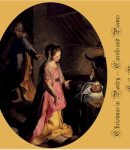
This is a volume of Christmas poems and carols, by various authors and from various times. – Summary by Carolin [chương_files]
Copyright © 2024 | FreeAudible